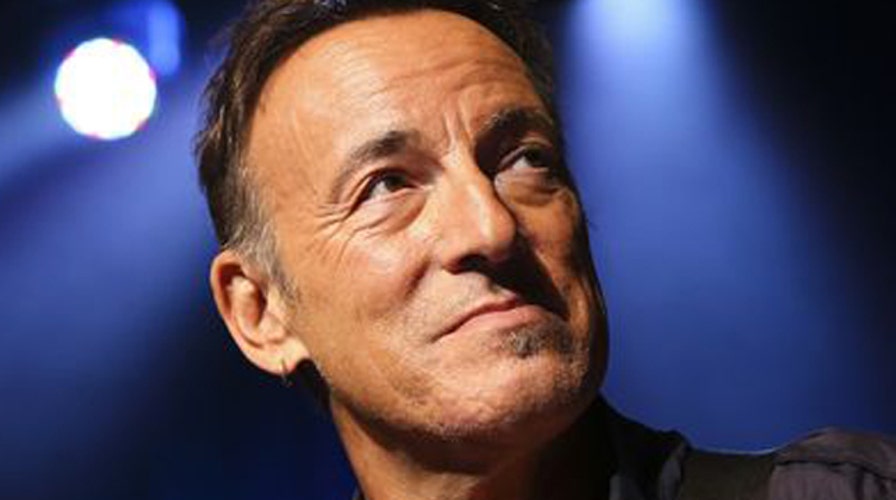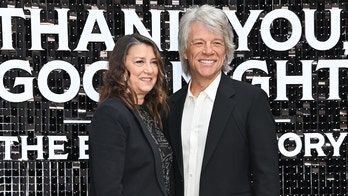LOS ANGELES – Bryan Adams and Bruce Springsteen have shut down shows in Mississippi and North Carolina, respectively, citing new laws regarding LGBT rights in those states. While many say the stars are helping bring attention to the laws, others say they won’t do much to change them, and some argue artists would do more good if they came in and played their shows as scheduled.
In North Carolina, a new law requires transgender people to use bathrooms based on their biological sex and bans state lawsuits for any type of workplace discrimination. Mississippi’s new law allows religious groups and some private businesses to refuse service to gay couples.
Public relations pro Deirdre Breakenridge says A-list celebrities speaking out can indeed make a difference.
“Celebrity boycotts help to raise awareness, capturing media headlines,” she said. “In addition, when you have high profile music artists shutting down shows, and chiming in on issues, then they have a direct megaphone to their fans through social media. Fans are much more in tune with what their favorite celebrities are doing, which has the potential to create an even stronger voice around an issue. A stronger voice means more pressure.”
But pop culture expert Cate Meighan doesn’t believe the boycotts will make a difference, at least not immediately.
“Bruce Springsteen canceling a show isn't going to make lawmakers rethink their positions on anything right now,” Meighan said. “But when these celebs do take a stand, what it does do is connect them to their already existing fan base while introducing them to people that may become new fans.”
North Carolina Needs You is an initiative to persuade other artists to keep concert dates and speak out against the legislation instead of just boycotting.
“We believe boycotts by enormous celebrities are helpful in bringing attention to the political plights of states such as North Carolina and Mississippi... But not every artist is Bruce Springsteen; in fact, most of them are not,” the group said in a statement. “Local organizers need to harness the energy of other local or touring performers to raise funds and awareness in order to win elections that can actually alter the course of our future. That is the point of North Carolina Needs You: To build an on-the-ground system artists can use to help us take back control of our state, and raise awareness in the process.”
That's what Gregg Allman has opted to do. He released a statement on Facebook explaining that his Wednesday concert would go on as planned in North Carolina. In his statement, he detailed the new law in North Carolina.
"I know that North Carolina is a state full of good folks and loyal fans, many of whom are angry about and feel misrepresented by this action," he wrote on Tuesday. "My band and I will continue to play our show as scheduled there tomorrow, April 13, and hope that our music unites people in this challenging time. We stand in solidarity with the LGBT community urging Gov. McCrory to listen to the people and reverse this wrong."
Meanwhile, Adams issued a statement to his website canceling his April 14th Mississippi concert, stating: “I find it incomprehensible that LGBT citizens are being discriminated against in the state of Mississippi,” he wrote. “I cannot in good conscience perform in a State where certain people are being denied their civil rights due to their sexual orientation.”
Steven Van Zandt of Bruce Springsteen’s E Street Band called legislation like it an “evil virus.”
Springsteen posted to his website that North Carolina’s law “is an attempt by people who cannot stand the progress our country has made in recognizing the human rights of all our citizens to overturn that progress.”
Fans took to social media to show their support of Springsteen and Van Zandt.
The Associated Press contributed to this report.







